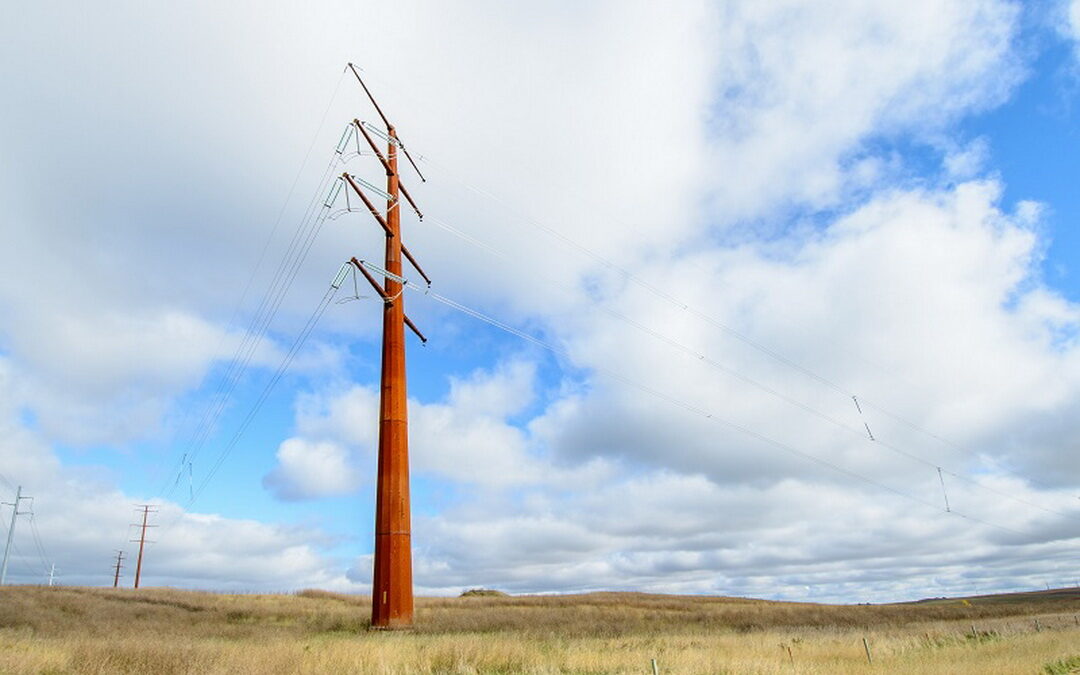By Great River Energy
While temperatures are dropping and snow is starting to fall now, Great River Energy has already taken steps to prepare for whatever impacts this weather may bring.
“Resilience” has become a common focus for electric cooperatives and utilities around the country as extreme weather events, such as this year’s polar vortex, become more common.
“The electric grid in our region performed very well during the polar vortex. We have prepared well in advance for such events,” said Dick Pursley, director of operations and transmission services at Great River Energy. “That said, along with the rest of the industry, we are focusing more than ever on building resilience into our systems and processes.”
Think about reliability as keeping the lights on and resilience as the ability to get the lights back on as quickly as possible if there is a major interruption from extreme weather, a cybersecurity incident or other cause.
“Great River Energy has always been dedicated to resilience, but the focus is now at a new level based on climate change and major weather events,” Pursley said. “Over the last year, we have taken even further steps to ensure our electric system can bounce back from a major event and get the lights back on as quickly as possible.”
Great River Energy performed a weather threat assessment in 2021 to understand how climate change impacts the likelihood of, and the potential location of, damage to the transmission system from weather risks such as ice storms, wildfires and flash floods. This provided the cooperative with insights on where and how they can better bolster the transmission system.
Great River Energy is also further preparing its power plants and facilities to operate in the bitter cold.
“Our power plants and facilities are designed to operate in extreme cold and hot weather, and they have performed well,” said Nathan Domyahn, director of generation strategy at Great River Energy. “Nevertheless, we are ensuring adequate winterization of equipment. We are using arctic-level grease and oils as well as testing and replacing freeze protection systems periodically to help ensure proper operation during extreme events.”
Domyahn said the cooperative is also increasing the supply of backup fuel supplies in the winter at its Minnesota power plants to further support resiliency during extreme cold weather events.

